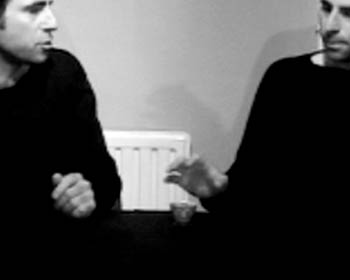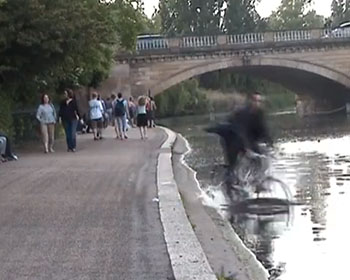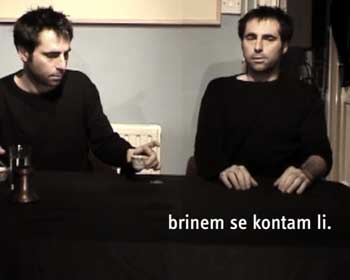- September 24, 2016
- Daniel
- 3990 Views
Sócrates was Benjamin Franklin with immaculate close control and a penchant for all-nighters and headbands. It would be beyond ready acceptance if it were the life of a fictional anti-hero, but reality says that the man existed and did all these things and then died way too soon because he couldn’t and wouldn’t take care of himself. It doesn’t make sense, and so we seek to find a unifying logic in it, though it may be the pursuit of a fiction.
One must not spend time doubting, one must just begin’ is the opening slogan for one of Daniel Devlin’s films, and yet Devlin never really begins any art. In fact, Devlin habitually avoids making any art, preferring rather to languish in the Ur stages of the art process. He frets not about what artwork he will make but rather indulges himself in neurotic self-analysis about what art itself is
There’s something about the creative act, the endeavour of making work, work we call art, that is predicated on the possibility of failure. It is the possibility of failure, and ensuing vulnerability, that are key components in Devlin’s practice. In these films he sets up a series of challenges to tackle the paradoxical moment that defines a decision.
As he appears in his own work, Devlin is always both a brazen self-publicist and a reluctant, doubting, apologetic artist. And his works are at once sober pieces that adopt the protocols of the documentary or the home video and shaggy-dog stories that occasionally lapse into a kind of existential farce. Devlin is a post-modern naïf, always working to recapture the lost dignity of the art object but never quite knowing where to look for it. His canvas is his own vocation and he turns it into a tragic-comic narrative with an uncertain ending.



